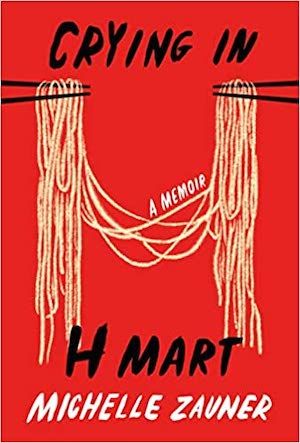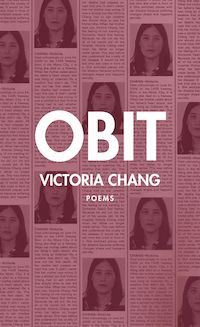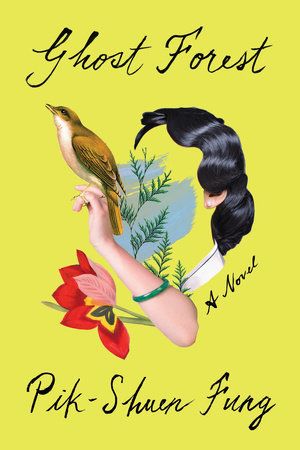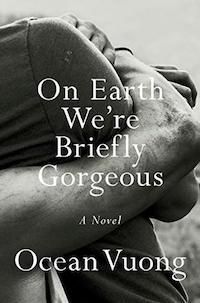
5 Recent Books About Losing a Parent
Losing a parent is hard. Writers, like the rest of us, have to wade through their pain. Unlike the rest of us, they tend to leave a paper trail for us to follow. If you’ve lost a parent — recently or not — these books about losing a parent can be a salve for your heartache. These books are raw, honest, and sometimes even humorous.
There are tons of books about loss out there, but sometimes psychological studies or research-based works aren’t quite the comfort that literature can be. Whether you gravitate toward fiction, nonfiction, or poetry, here are some books about losing a parent to get your heart hurting just a little bit less.

Crying in H Mart: A Memoir by Michelle Zauner
As you might infer from the title, this memoir is an honest and, at times, lovingly humorous book. Grief is interwoven with the story of Zauner’s relationship with her mother, from childhood to adulthood. Along the way, she wrestles with her Korean roots through stories about food and language (among other things). Interestingly, Zauner is also a musician (she performs as Japanese Breakfast) and her artistry and lyricism resonate throughout this memoir.

OBIT by Victoria Chang
OBIT takes the obituary as a formal inspiration. The topics of Chang’s collection range from the mundane to the philosophical. Written after her mother died, OBIT grapples not only with the poet’s loss of her mother, but also of her father. She writes obituaries to everything from civility to control to clothes. One of the nice things about this collection is that you can take it at the pace that’s right for you. While the poems connect to one another and have a narrative arc, they are also short and can be read one at a time. Sometimes, grief requires that you move according to its unique timing, and OBIT creates space for that.

Ghost Forest: A Novel by Pik-Shuen Fung
Ghost Forest is about a woman’s attempts to grieve the loss of her father. The protagonist wonders how to grieve in a family that doesn’t talk about feelings. To add to this, her father was often absent throughout her childhood, leaving her with more questions than answers. In her attempts to gain some sense of resolution and understanding, she seeks stories from her mother and grandmother. As the stories begin to coalesce into a portrait of her father, the novel also delves into the cultural context of Chinese Canadian “astronaut” families.

Book of Hours: Poems by Kevin Young
Book of Hours catches up with the poet a decade after his father’s sudden death. It contemplates the everlasting nature of grief alongside the birth of Young’s child. In this way, this collection explores the full range of emotions that happen when moving through all stages of life. The text presents a dual perspective of the child who has lost a father and the father who has gained a son. It’s a thoughtful exploration of the way we live with grief even as we push forward with our lives.

On Earth We’re Briefly Gorgeous by Ocean Vuong
This novel (widely considered a work of autofiction) takes the form of a letter written to a mother. The catch? The letter is written in English to an illiterate mother who doesn’t speak English fluently. While the protagonist’s mother is still alive, Vuong wrote the novel after his mother’s death and his grief is evident in the novel’s loving treatment of the mother’s character (as well as the grandmother’s). Because of Vuong’s family’s history, the novel is also an exploration of war and trauma. It’s a coming-of-age story, a coming out story, and a story about filial love. It’s also exceedingly tender despite its confrontation of myriad forms of trauma.
For more thoughts on books and grief, here are some personal essays and lists by other Rioters to peruse:








